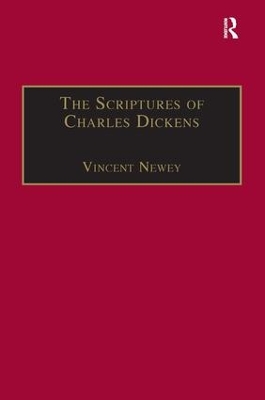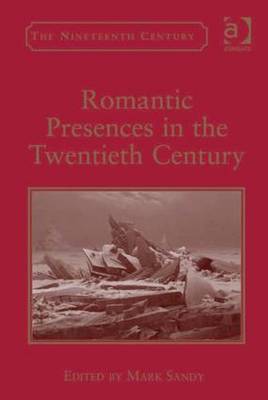The Nineteenth Century
2 total works
This study focuses on Dickens's response to questions of identity, conduct, and social organization that emerged in an era of major cultural unsettlement and change, not least with the decline of religious certainty and the rise of materialism. An analysis of A Christmas Carol as a paradigm of his concerns and strategies in these fields is followed by close readings of novels from different stages of his career, Oliver Twist, David Copperfield, Great Expectations and Our Mutual Friend. These, and other works by Dickens, are seen to reflect ideologies currently at work in his society but also, more importantly, to participate in the construction of needful value systems and codes for regulating behaviour. Liberal humanism and middle-class hegemony feature largely in this process of culture formation, where Dickens played a crucial role in formulating and promulgating such salient guiding principles as those of sympathy, marriage and the family, economic responsibility, and hierarchy within and between groups. His treatment of the self is on one level driven by this project in shaping and stabilizing attitudes among a confederacy of readers, in that it offers positive models of development, of how to function and fit in; yet on another, especially in his sustained imaginative preoccupation with the figure of the outsider or misfit, this is one pre-eminent area where his writing transcends purposes of enculturation and paradoxically challenges its own ideological positions. His female characters in particular, as well as more obviously his anti-heroes, criminals, and other dissidents, are shown to question and subvert the moulds in which they are formally cast. The novels are confirmed not only as great creative achievements, an aspect this book consistently salutes, nor simply as a primary site of the evolving Victorian dispensation and revolution of ideas, but as a territory that predicts, engages, and illuminates our own complex modernity. Reference is made throughout the volume to other contemporary writings, including sociological, philosophic, and medical discourse, to recent cognate theory, and to traditions, like that of Puritan spiritual autobiography, which Dickens adapted to new ends.
Romantic Presences in the Twentieth Century
by Professor Vincent Newey and Joanne Shattock
Published 20 April 2012
Concerned with the intermingled thematic and formal preoccupations of Romantic thought and literary practice in works by twentieth-century British, Irish, and American artists, this collection examines the complicated legacy of Romanticism in twentieth-century novels, poetry, and film. Even as key twentieth-century cultural movements have tried to subvert or debunk Romantic narratives of redemptive nature, individualism, perfectibility, and the transcendence of art, the forms and modes of feeling associated with the Romantic period continue to exert a signal influence on the modern moment - both as a source of tension and as creative stimulus. As the essays here show, the exact meaning of the Romantic bequest may be bitterly contested, but it has been difficult to leave behind. The contributors take up a wide range of authors, including Virginia Woolf, F. Scott Fitzgerald, W. H. Auden, Doris Lessing, Seamus Heaney, Hart Crane, William Faulkner, Don DeLillo, and Jonathan Franzen. What emerges from this lively volume is a fuller picture of the persistence and variety of the Romantic period's influence on the twentieth-century.

